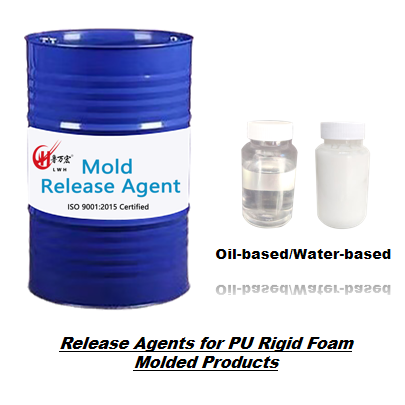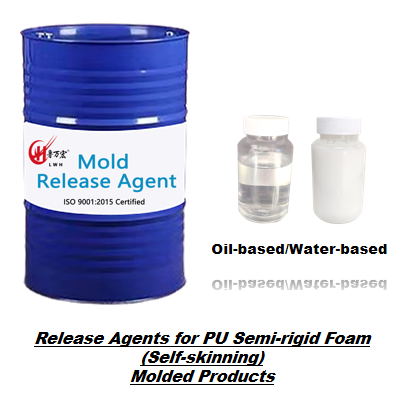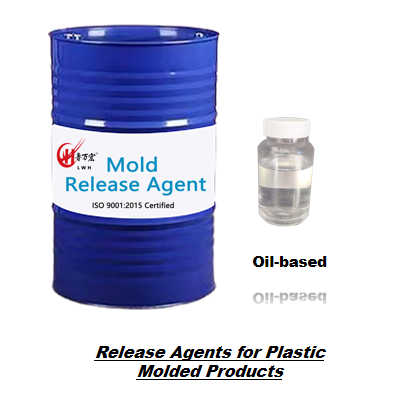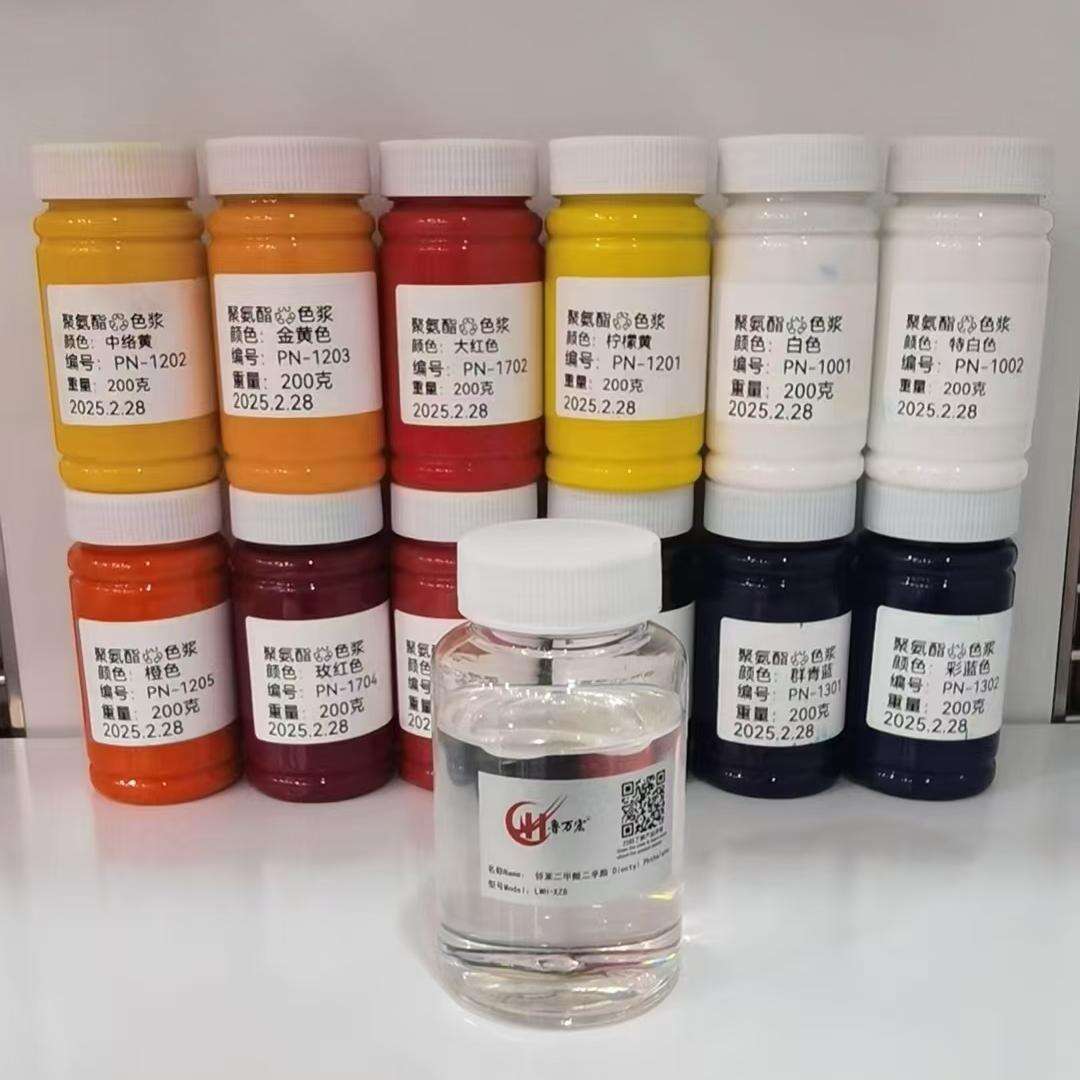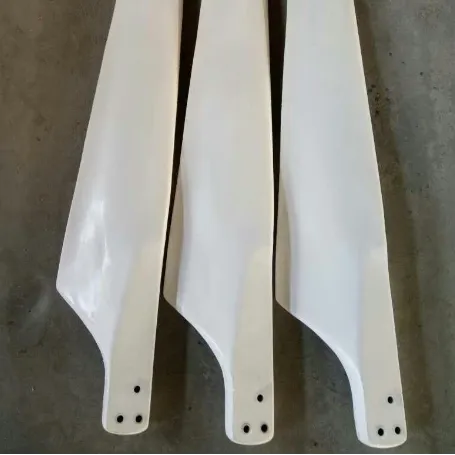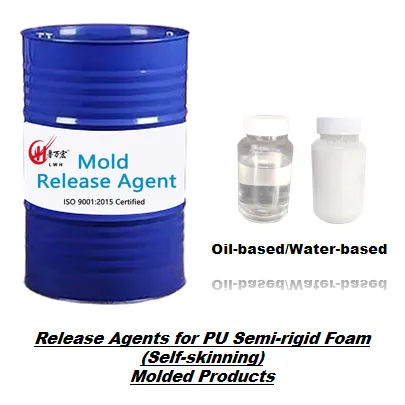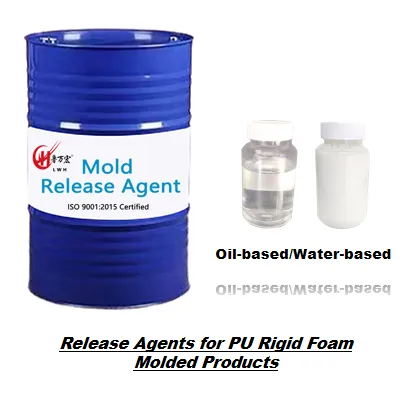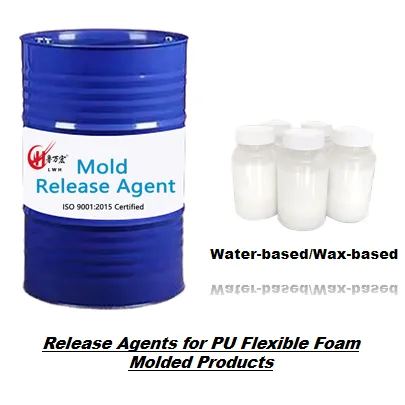plastic release agent
Plastic release agent represents a specialized chemical formulation designed to prevent adhesion between plastic materials and mold surfaces during manufacturing processes. This essential industrial product serves as a barrier coating that facilitates the smooth removal of molded plastic components without causing damage to either the product or the manufacturing equipment. The primary function of plastic release agent involves creating a thin, non-stick layer on mold surfaces that allows finished plastic parts to separate cleanly from their forming tools. This separation process becomes crucial in injection molding, compression molding, and various thermoforming applications where plastic materials are shaped under heat and pressure. The technological features of modern plastic release agent formulations include superior thermal stability, chemical resistance, and compatibility with diverse plastic materials including polyethylene, polypropylene, polystyrene, and engineering plastics. These agents maintain their effectiveness across wide temperature ranges, ensuring consistent performance in both low-temperature and high-heat molding operations. Advanced plastic release agent products incorporate silicone-based or fluoropolymer technologies that provide excellent lubrication properties while maintaining minimal transfer to the finished plastic product. The applications of plastic release agent extend across numerous industries including automotive manufacturing, consumer goods production, medical device fabrication, and packaging manufacturing. In automotive applications, plastic release agent enables the production of complex interior components, exterior panels, and under-hood parts with precise dimensional accuracy. Consumer goods manufacturers rely on these agents for producing household items, toys, and electronic housings with smooth surface finishes. Medical device production demands plastic release agent formulations that meet stringent regulatory requirements while ensuring contamination-free molding processes. The packaging industry utilizes these agents for creating containers, lids, and protective components with consistent quality standards.

